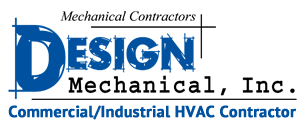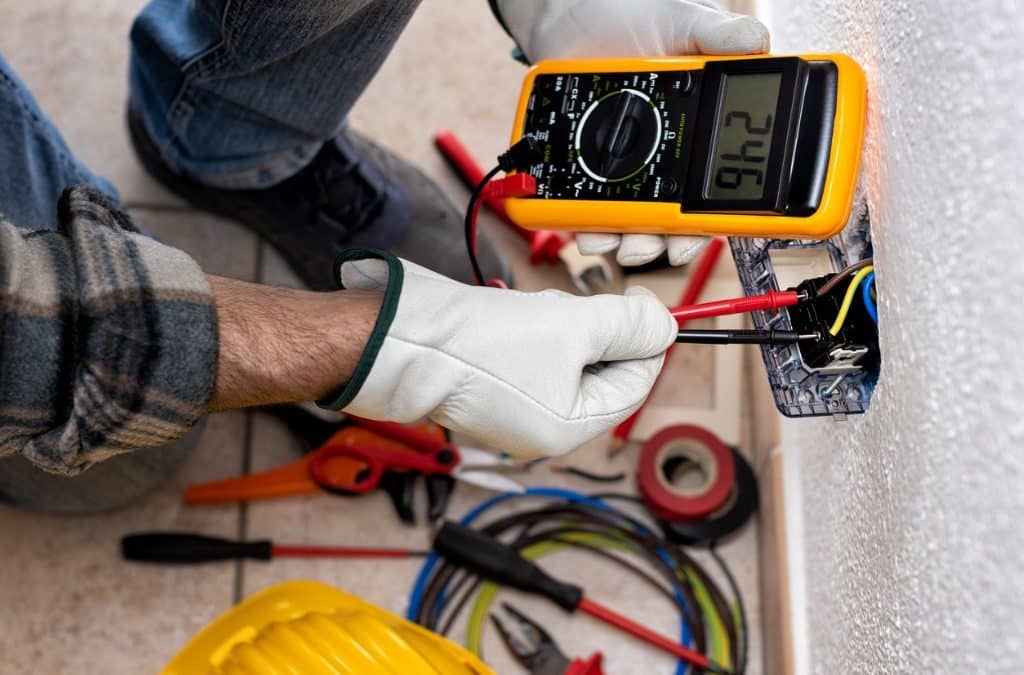Most “regular Americans” likely don’t think about the U.S. Department of Energy (DOE), but electrical and mechanical contractors and equipment manufacturers are well-aware of its important role in their work.
The DOE is one of 15 cabinet-level departments whose head reports directly to the President of the United States and is a member of his cabinet. It manages U.S. energy policy and the nation’s nuclear infrastructure and funds scientific research in these fields. Its mission is to ensure the security of America by addressing its energy, nuclear, and environmental challenges.
2023 DOE Regulatory Requirements
Every so often, the Department of Energy reexamines the effects of U.S. energy usage and sets new energy-efficiency requirements. The department also manages the testing standards used to measure the minimum requirements.
In 2015, the department started the first phase of a multi-year plan which required a 13 percent increase in energy efficiency for commercial air conditioners, heat pumps, and split systems. The second phase of this plan will start on January 1, 2023. These regulations aim to drive a significant reduction in U. S. energy consumption in economically justified and technically feasible ways.
Beginning in January, all commercial air conditioning and heat pump equipment from 65,000 btu/h to 760,000 btu/h will need to achieve an additional 15 percent energy efficiency increase over the 2015 standard.
There are three classes of air conditioning and heat pump packaged equipment, each with their newly added 15 percent 2023 efficiency standards.
Class one is for small commercial packaged and split systems with capacities between 65,000 btu/h and 135,000 btu/h. Class two is for small commercial packaged and split systems with capacities between 135,000 btu/h and 240,000 btu/h. Class three is for very large commercial packaged and split systems with capacities between 240,000 btu/h and 760,000 btu/h.
All gas-fired commercial air conditioners will need to meet an 81 percent gas efficiency rating, compared to the current requirement of 80 percent gas efficiency.
According to the regulation, all equipment manufactured before January 1, 2023, will still be allowed to be installed after January 1, 2023. In some parts of the country (southeast and southwest), they are not authorized to be installed.
These updated requirements are projected to save a significant amount of energy and yield important environmental benefits. It is estimated that the new standards will result in a reduction of CO2 emissions through 2030 of 77 metric tons. That is equivalent to the emissions from the annual electricity used in more than 10.6 million American homes.
DOE Enforcement
The Department of Energy has vigorously enforced its standards in the past and is expected to continue to do so using the new 2023 standards. Violations can be very costly.
- Any dealer or contractor caught installing non-compliant equipment will be forced to replace the non-compliant equipment at their own expense. Repeat violators can be put on a nationwide do-not-sell-to list.
- Distributors also can be put on a do-not-sell-to list if they repeatedly supply non-compliant equipment to contractors who install the equipment.
- Distributors or contractors who are repeat violators can be prohibited from purchasing any of the seven classes of products identified by the Code of Federal Regulations.
- Manufacturers who knowingly sell equipment that is non-compliant will receive stiff fines.
- Manufacturers are required to report any potential violations to the DOE within 15 days of discovery.
How Contractors Prepare for the 2023 Regulatory Changes
Expert contractors will prepare for the 2023 regulatory requirements by being fully aware of the different federal minimum efficiency levels and by ensuring that they purchase only compliant equipment. In addition, it is expected that manufacturers will include some advantageous technology changes like more modulated compressor technologies, including base efficiency levels, two-stage tandems, trios, and more.
Expert contractors will also seize every opportunity to assist businesses or commercial property owners in reaching their energy efficiency goals.
How Contractors Can Improve HVAC Efficiency
Wise energy conservation is a crucial part of every commercial facility’s operation. A qualified HVAC contractor can help implement the best energy conservation and management practices in these ways:
- Properly specify and size the HVAC systems for a business or commercial property.
- Maintain proper system boundaries by controlling and directing the heating and cooling to designated spaces at the designated times and according to the specific operating environment. For example, a garage or loading dock may not be heated or cooled at all, and an office will have entirely different HVAC requirements than a manufacturing area. Settings and airflow ducting will be addressed according to each area’s needs.
- Maintain daily and seasonal thermostat set points. Programmable thermostats should be wisely used to provide the appropriate temperatures at each time of the year, and settings can be changed for unused areas.
- Automatic controls offer the most efficient energy use by controlling the output, speed, and runtime of HVAC equipment to provide the most appropriate climate service.
- Maintain appropriate set points.
- Adjust the HVAC equipment for seasonal changes.
- Consider variable speed equipment that can offer more cost-effective systems by varying speeds for fans, blowers, motors, and other components.
- Schedule regular professional maintenance.
What Can Design Mechanical, Inc. Do For You?
Design Mechanical, Inc. (DMI) is a highly regarded mechanical construction/service company that provides HVAC solutions to the commercial and industrial market in the Kansas City area.
We provide a wide range of services, including design and construction, mechanical services, sheet metal, refrigeration, controls, restaurant services, diagnostic testing, and preventative maintenance programs. We serve the following industries: hospitals, data centers, hospitality, warehousing, labs, and offices.
During our first three years in business, we became a Mechanical Service Contractor’s Association STAR Contractor. We were the first in Kansas City to achieve this prestigious certification. We have also earned the MCA and SMACNA safety excellence certificates every year since our inception in 2003.
We stay up to date with all energy regulations and host “DMI University,” a monthly program to promote customer awareness of products and practices that enhance and improve the HVAC industry.

